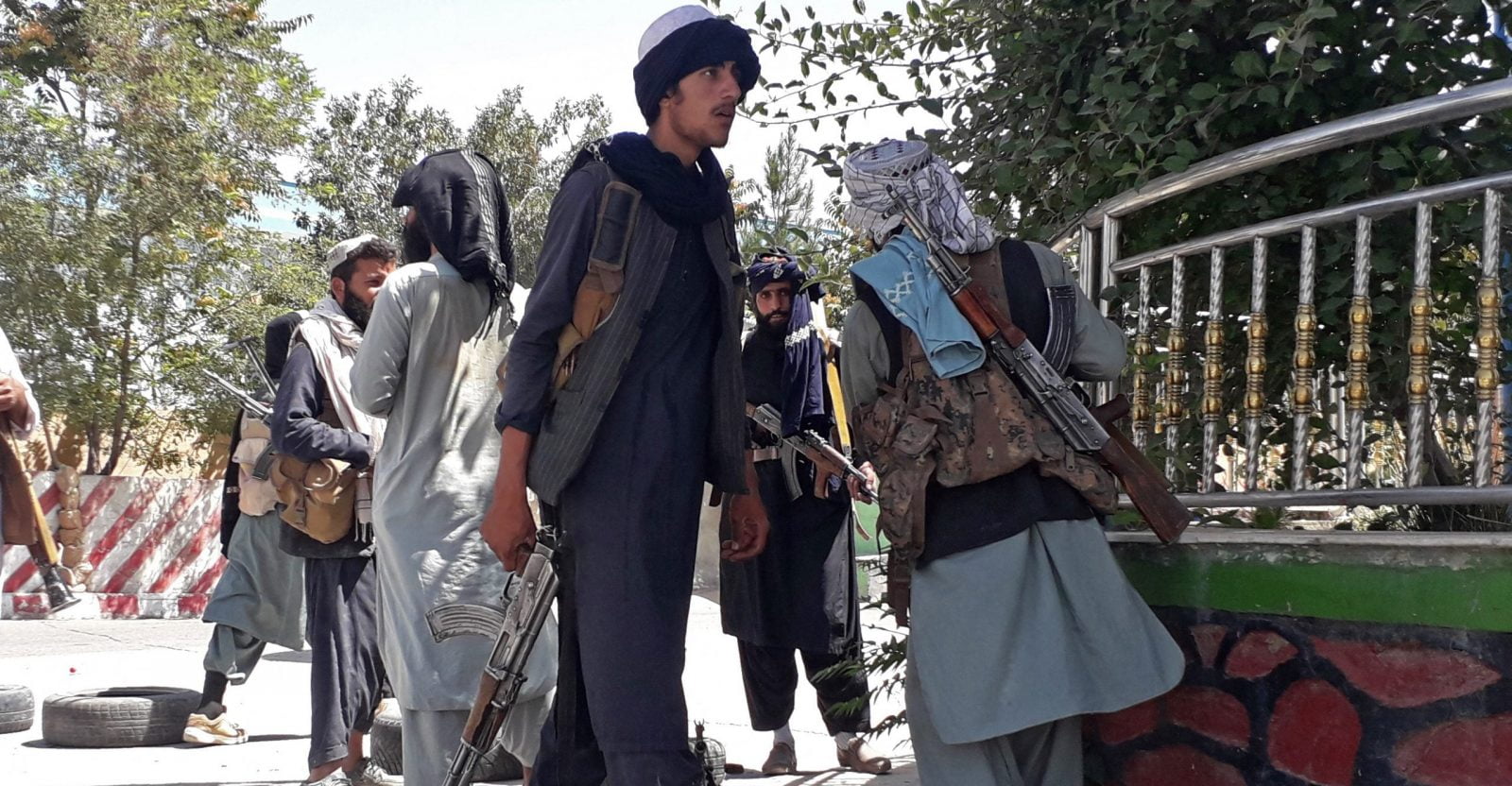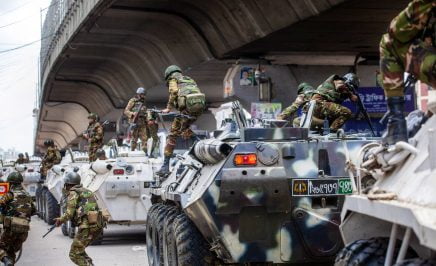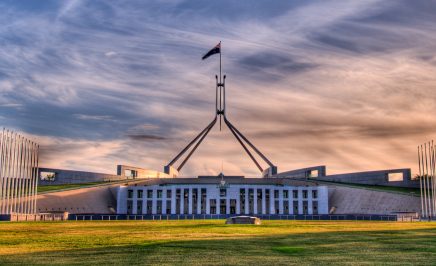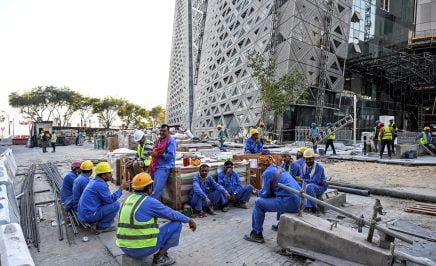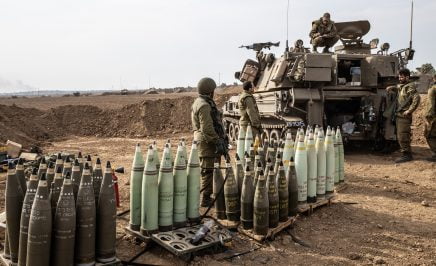Responding to the series of attacks leading to about 120 deaths and injuries in areas dominated by Hazara Shia communities in west Kabul over the last few days, Zaman Sultani, Amnesty International’s regional researcher, said:
“The systematic attacks on the marginalised and persecuted Hazara Shia community in Afghanistan may amount to crimes against humanity and should be unequivocally condemned.
“In the last year there have been multiple attacks on the marginalised community with little to no action. It is essential that as de-facto authorities, the Taliban carry out an immediate, impartial and thorough investigation into the attacks, conducted in line with international law and standards. Those suspected of criminal responsibility for these crimes under international law and human rights violations should face justice in fair trials before ordinary civilian courts and without recourse to death penalty.
“The Taliban bear responsibility to take all necessary measures for the protection of civilians in Afghanistan and they must immediately step-up measures to ensure protection to all civilians in the country.”
Australian-Hazara diaspora community condemns attacks
The Australian-Hazara community in Australia strongly condemns the terrorist attacks which took place last week in West Kabul, Afghanistan, an area home to predominately the Hazara-Shia population.
Sajjad Askary, Juris Doctor candidate and Australian-Hazara said:
“The consistent, systematic persecution of the Hazara people by Islamic State Khorasan-Province (ISKP) and other Islamists continues today because of their religious beliefs, ethnic identity, and dedication to democratic political institutions and human rights in Afghanistan. Islamist extremists target Hazara schools, maternity centres, sports centres, hospitals, wedding halls, and mosques. Hazaras are being targeted en-mass and on the streets in every corner of the country for decades.
“Australia and the international community must recognise and prioritise the claims of Hazaras as needing refuge due to their well-founded fear of persecution for their religious beliefs, ethnic identity and their dedication to democratic political institutions and human rights in Afghanistan, and to continue the humanitarian protection of Hazara refugees. Hazaras have already contributed enormously to Australia, as entrepreneurs and community members. Hazara community efforts raised $160,000 for the bushfire relief in 2020, and the local community has a proud tradition of establishing successful businesses with no start-up funds.”
Sitarah Mohammadi, Australian-Hazara and Spokesperson of World Hazara Council, said:
“We call on the Taliban to immediately reinstate the self-protection mechanisms to help the Hazara community protect itself in the short term and to devise a comprehensive security strategy for the Hazaras with inputs from within the community. We urge the UN and international community to take collective and robust action to intervene to prevent further attacks and protect the Hazara-Shia community. We call on the Taliban to stop blocking immediate help for the wounded, including blood donation and to ensure humane treatment of the families of the victims. We urge the Taliban to stop blocking media coverage of the security incidents. This is crucial for the flow of information, investigation of the attacks and assistance to the victims.
“We urge international human rights organisations working in Afghanistan to clearly mention the identity of victims as ‘Hazara’ in their statements, and thoroughly and substantially investigate, map, document and report on these ongoing atrocities against the Hazara people. We urge the UN to adequately respond to the atrocities unfolding against the Hazara-Shia population in Afghanistan by implementing the Principle of Responsibility to Protect, which must be invoked in situations of mass atrocity crimes. We urge UN member states, including Australia to recognise ethnic and religious minorities such as the Hazara-Shias of Afghanistan, as groups in need of refugee protection due to their well-founded fear of persecution for their religion and ethnicity.”
Hayat Akbari, Australian-Hazara and Juris Doctor candidate said:
“Since the Taliban re-took over Afghanistan nearly a year ago, there has been a clear escalation of persecution and targeted attacks, and marginalisation as well as exclusion by the de facto Taliban regime against the Hazara and Shia community in Afghanistan. The Taliban have removed Ashura, the holy day for Shia Muslims, from the list of holidays in the calendar, which strongly indicate their unwillingness to include the Shia population of the country. It is important to note that the Taliban continue to deny the presence of ISKP in Afghanistan, despite the ongoing escalating attacks.
“Further, marginalised and highly vulnerable groups such as Hazaras are unable to access aid due to discrimination by the de facto authorities, the Taliban. As Australia and other governments deliver aid in Afghanistan, we urge the Australian government to pressurise the Taliban through aid leverage and other channels, and to work alongside INGOs to employ local Hazara staff to ensure that marginalised communities are able access aid and other essential services.”
Background
On Friday, 5th August, at least eight people were killed and 18 injured in a blast in Kabul. The next day, on Saturday, 6th August a bomb exploded in a busy shopping street in Kabul killed eight people and injured at least 22 as reported in media.
On Sunday, 7th August the UN reported at least 120 people were killed and wounded resulting from the attacks to which responsibility was claimed by the Islamic State of Khurasan Province claimed.
After the Taliban takeover, such minority communities have no effective representation within the Taliban’s security or governance structure.Amnesty International has previously documented the targeted killing of ethnic Hazara community following the Taliban’s takeover of Afghanistan in 2021.
